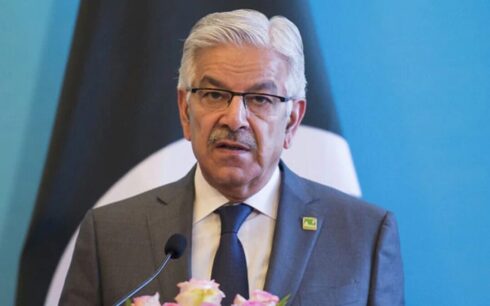On Sunday, the arrest of former Prime Minister Imran Khan elicited varied responses from Pakistan’s residents. This came a day after a court found the former premier guilty of unlawfully selling state gifts and subsequently sentenced him to a three-year prison term.
In Attock, a historic city located in the northern region of Pakistan’s Punjab province, where local media reported Khan’s imprisonment in the district jail, diverse opinions emerged among the residents concerning his arrest. While some of Khan’s supporters deemed the arrest unjust, a local contractor expressed the belief that the former prime minister had cultivated political adversaries by “instigating conflicts with individuals from the moment he assumed power.”
Khairullah, a shoemaker, voiced his perspective: “Khan’s arrest was unjustified. It’s truly wrong. Why was he detained? Much attention is being given to the Toshakhana issue (the government department responsible for housing state gifts). But what about the gifts that were plundered from the Toshakhana by the Sharifs and former President Zardari?”

Azeem Asghar, a local contractor, shared a contrasting viewpoint: “Certainly, the judge is in the best position to render a verdict, and thus his decision must carry weight. Nonetheless, Mr. Khan should have exhibited more political resilience. He embarked on confrontations with various parties immediately upon ascending to power, adopting a confrontational stance and thereby making adversaries. Political flexibility would have served him better.”
Legal experts have indicated that the guilty verdict issued by an Islamabad district court could potentially remove Prime Minister Shehbaz Sharif’s most prominent rival in the upcoming national election anticipated in November.
Khan, aged 70, a former cricket luminary who transitioned into a political career, held the prime ministerial office from 2018 to 2022. He has consistently denied any wrongdoing. In a pre-recorded video message disseminated by his party, Khan urged his supporters to engage in peaceful protests.





